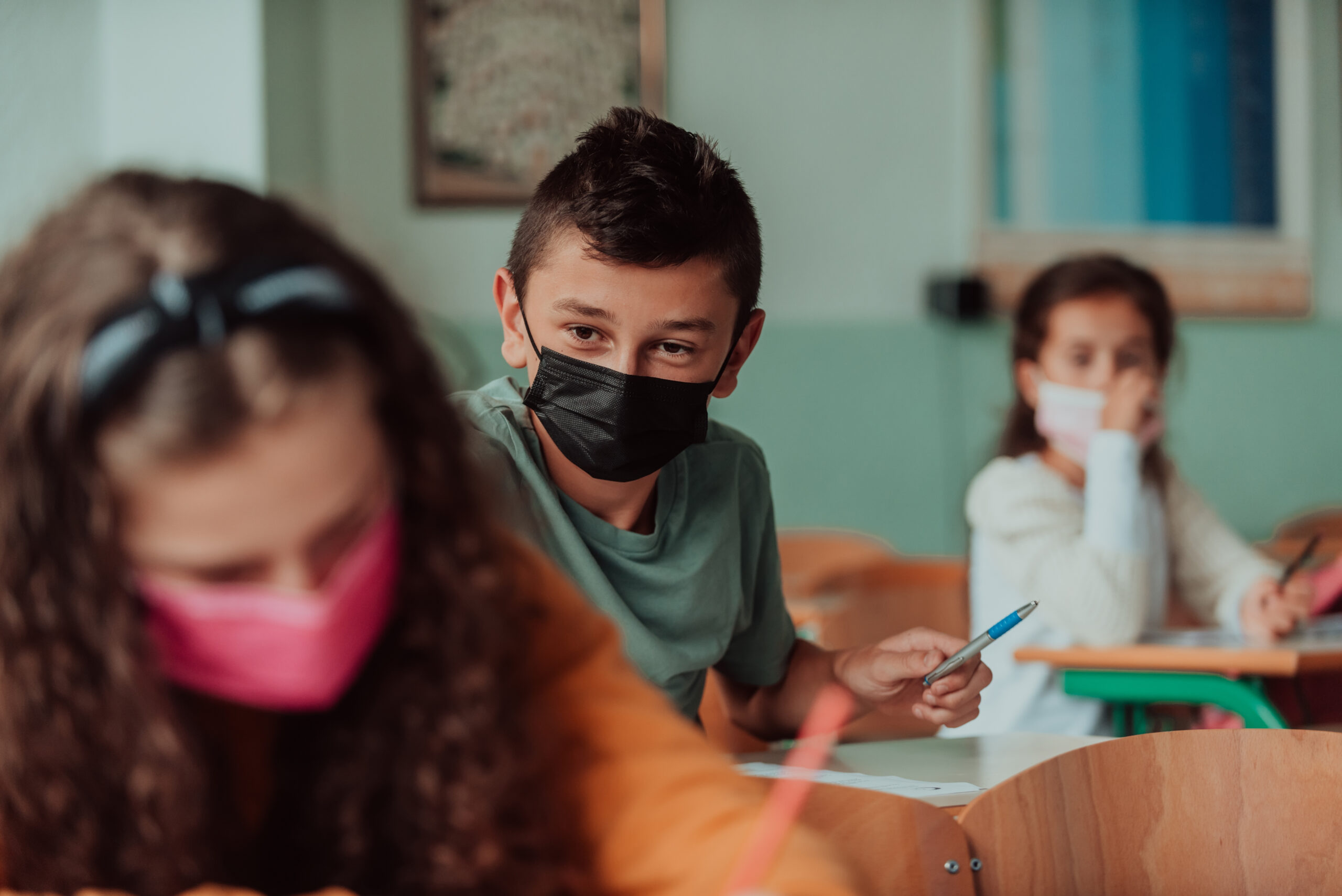| 3 minute read |
By Jenny Rea, Ph.D.
As the summer months end, many families are preparing their young learners for the transition back to school (see Part 1 of this blog series for resources specific to the back-to-school transition ). This year likely brings with it a great deal of anxiety and uncertainty as we are reminded of the trauma and loss many families experienced. Learners, their families, and educators will all feel the effects of COVID-19 for years to come. “For many, especially among Black, Indigenous, and people of color and in low-income communities, the year has left long lasting damage” (Bornfreund & Fretwell, 2021 ).
As children go back to school, we must consider their social and emotional wellbeing. In 2020, children’s visits to emergency rooms for mental health-related issues increased by 24 percent compared to 2019. Higher rates of loneliness, anger, stress, and anxiety were indicated among children. One study, as of February 2021, suggests that more than 40,000 children nationwide had lost a parent to COVID-19.
As a result of COVID-19 disruptions and concurrent structural racism events, children’s learning and academic success has also been negatively impacted. Findings from an Illuminate Education report predict that schools will see significant loss in overall reading and math achievement. Similar to the “summer slide”, students will likely experience 2 to 4 months of learning loss due to the “COVID slide”.
We must consider the impacts of COVID-19 in order to support children and their families as they transition back to school this fall. This is not the moment where we will “return to normal”, but instead ensure that learners return back to school safely and are equipped for academic success. Here are just a few of the resources out there that we recommend.
Resources to Support Military Families & Their Learners
-
- Assist families in developing a plan if schools close, go hybrid or entirely virtual as a result of COVID-19. Childcare or working from home are important things to consider.
- Continue to stay informed on COVID-19 updates through resources such as: a. The American Academy of Pediatrics ; the Department of Defense Education Activity ; and the Military Interstate Children’s Compact Commission .
- Encourage families to maintain or establish new routines at home. Communication and spending time together can help mitigate stress experienced by children as they transition to a new school.
- Provide educational resources to ensure children are caught up on learning and are ready for academic success.
Additional Materials
This post was written by Jenny Rea, Ph.D., military spouse, and mom of four under four years. Jenny consults with the OneOp Family Transitions team to support professional development for military family service providers. You may find more blogs, podcasts, and webinars from Family Transitions. We invite you to engage with Family Transitions on Twitter @MFLNFT and with OneOp on Facebook @MilitaryFamilies.
REFERENCES
Bornfreund, L. & Fretwell, J. (2021). Addressing impacts of COVID-19 on children, families, educators, and ECE systems. Retrieved from https://www.newamerica.org/education-policy/edcentral/addressing-impacts-of-covid-19-on-children-families-educators-and-ece-systems/
Writers Biography
 Jenny Rea, Ph.D., is a military spouse and mom of four kiddos under six years. Jenny consults with OneOp and is an Assistant Professor of Practice in the Department of Human Services and Director of the Certificate in Military Families at the University of Arizona.
Jenny Rea, Ph.D., is a military spouse and mom of four kiddos under six years. Jenny consults with OneOp and is an Assistant Professor of Practice in the Department of Human Services and Director of the Certificate in Military Families at the University of Arizona.
Photo source: Adobe stock















